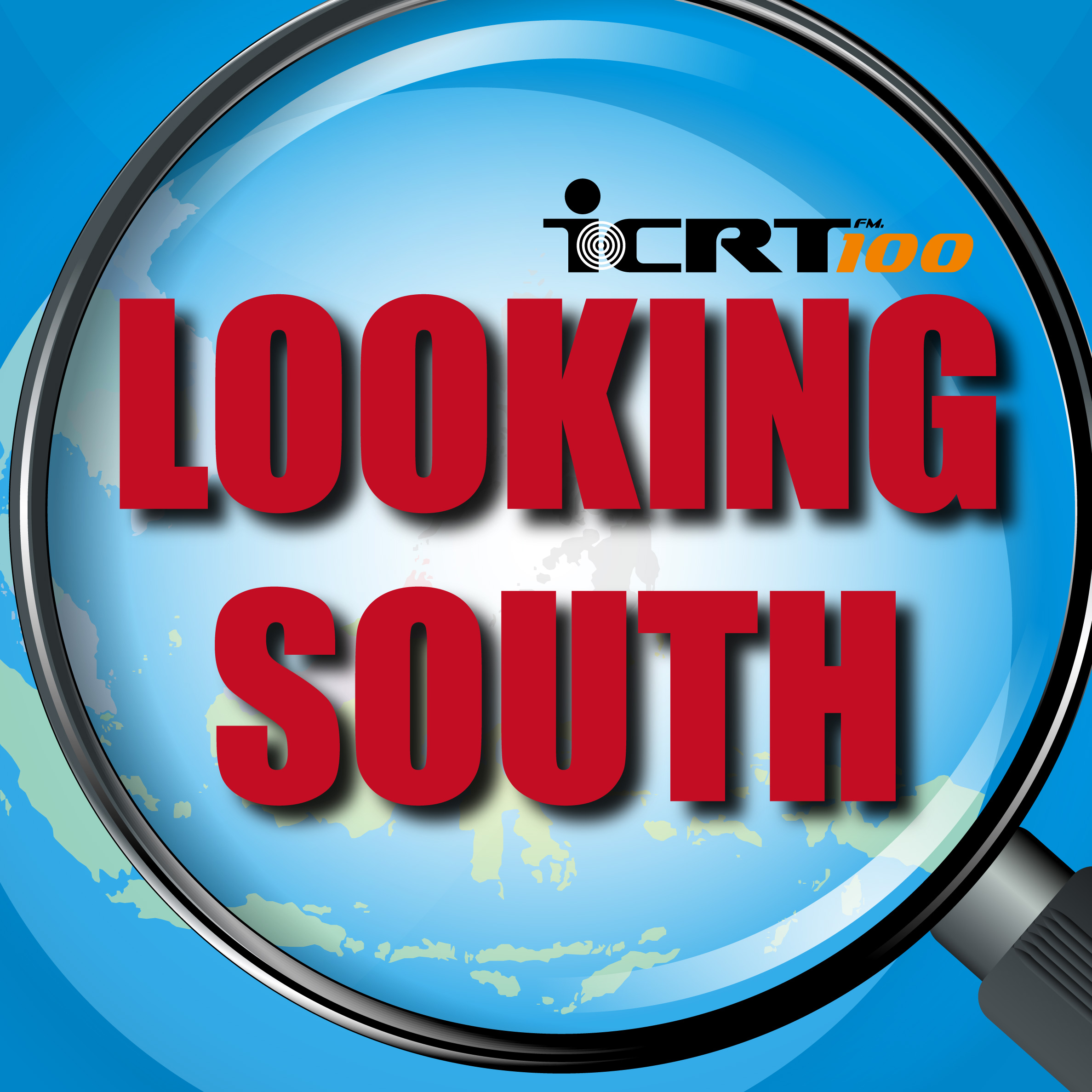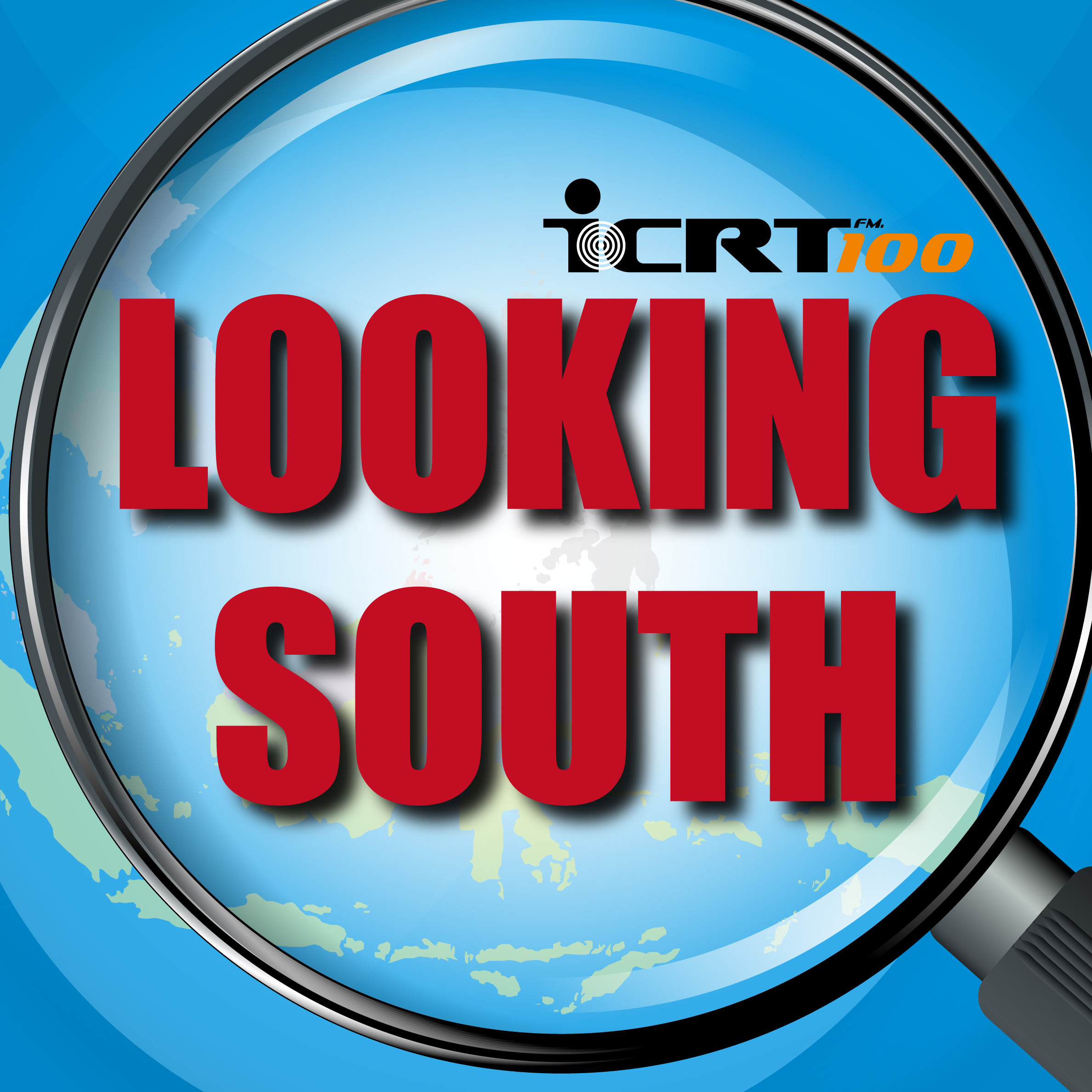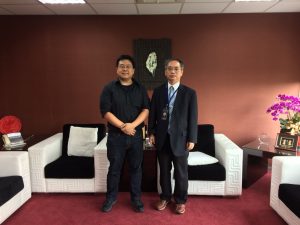This week, Eric Gau chats with Peter Huang of the Global Trade Pioneer Project Office to talk about their successful overseas internship program.
Transcript:
Eric Gau: Good morning, everyone. I’m Eric Gau, and you are listening to Looking South, ICRT’s special program looking at the government’s New Southbound Policy, and its effects on Taiwan’s people and businesses. In today’s installment, we are discussing an overseas internship program operated by the Global Trade Pioneer Project Office. To tell us about it, we are joined by the office’s Director, Peter W. J. Huang, who also serves as the secretary-general of the Importers and Exporters Association of Taipei. Mr. Huang, welcome to the show.
Peter Huang: Nice to be on the show.
Eric: Mr. Huang, to start us off, could you please tell our listeners about the overseas internship program that your organization oversees.
Peter: This program was established in 2014 by the Bureau of Foreign Trade and the Ministry of Economic Affairs. Its purpose is to provide students with internship opportunities in overseas market, so that students can have in-field experience before they even enter society. This program started with sending about 63 students to Indonesia, Vietnam, Myanmar, Brazil, and Mexico, these five countries starting in 2014. This year, 2018, we have expanded the program to 25 schools and 140 students, and to the New Southbound countries, including Indonesia, Thailand, Malaysia, the Philippines, Vietnam, Myanmar, and India. I think the program is popular in schools and appreciated by the industries. During this program, we provide the ticket and living allowance for the students, and send them to emerging markets for one or two months depending on the students’ needs. On top of that, we matchmake our students with companies so that students can after graduation find job opportunities within those companies. I think for the government this is a very bold endeavor to decide to send students to emerging countries, and give students a very nice opportunity to open their mind and their vision to those emerging markets.
Eric: What kind of companies can participants, these students, expect to work with under the program? How would these experiences differ from a similar company located in Taiwan?
Peter: Most of the companies that join this program are Taiwanese enterprises that have overseas operations. We started in 2014 with 17 companies that worked with this program. After 3-4 years of this program, many companies in those 5, 7 countries, they also expect and appreciate that we can send some students to their companies because they have local operations. In Taiwan, students don’t have the chance to know more about the culture or business etiquette in those countries. If they have this opportunity to go there, they will learn a lot about the cultural differences, which is very valuable for them to learn. Those companies with overseas operations need students who know about Taiwan and know about local culture. Most of the companies have international operations. It’s different from students working in Taiwan, who only have a local touch.
Eric: How has the reception to the program been? How students liked it? How have participants described their experiences working overseas?
Peter: This program is highly appreciated by the industries, by the government, by schools, and also by the students. From our survey, around 90% of the students say that this program expanded their international vision. And about 70% of the students say that they will like to now go into international trade after they graduate. Most importantly, they are willing to go to work in these Asian countries. For these students, they have this international vision, and for the school, they this is a very effective achievement, because they can select and screen the best students to join this program, and they can send these students to the overseas internships. From the school’s point of view, it is a very nice achievement. And for companies who accept these internships, they also take this opportunity to recruit those students who accept their business cultures. I think for many participants form different points of view, they all highly appreciate this program.
Eric: Has any particular field or country been especially popular among participants? If so, why do you think that is?
Peter: Among those countries, Vietnam and Thailand are the most popular among the students. One of the reasons, is that there are many more Taiwanese companies in these two countries. We have about 300 students sent to Vietnam, and 130 sent to Thailand. Maybe the reason is we have more investment in these two countries. For the students’ point of view, most of them are in international trade or international business management.
Eric: For students who are listening, who might be interested in taking part in the program get involved, or find out more information about it?
Peter: This is quite easy, because we have set up a very informative website: www.tradepioneer.org.tw. On this website, students can find all the information. If they like to, they can also dial the telephone, 02-2581-6286. With this website and the telephone number, they can get all the information. I really appreciate all the listeners, especially the students, to join this program, because this really is an once-in-a-lifetime experience that the government supports, that the enterprises support, and the school also like to send you to these countries. So please, join our program.
Eric: Mr. Huang, before we go, do you have any last thoughts that you’d like to share with our listeners?
Peter: Yes, Taiwan, our country’s economy is grown by international trade. So I would encourage all the students to open their vision, and open their eyes. You have deep roots in Taiwan, but your vision and your mind must be global. While you are studying, please also be thinking about global issues, global cultural differences, and this will benefit your own career.
Eric: We’ve been speaking with Global Trade Pioneer Project Office Director, Mr. Peter Huang. Mr. Huang, thank you for taking the time to join us on the air today.
Peter: You are welcome.
Eric: And that’s it for today’s episode of Looking South. Join us again next week as we explore yet another facet of the New Southbound Policy. I’m Eric Gau, and thank you all for listening.




